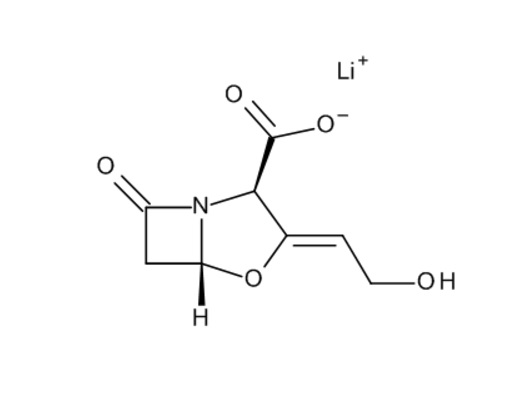Passionflower
- Molecular Weight: 0
What is Passionflower?
Chemical properties
The passion flower is native to the United States and Brazil. It grows preferably in dry soils. The plant has woody, sarmentose stems covered by a grayish bark; axillary filiform tendrils; alternate, palmate, trilobed, finely dentate leaves terminated by glandular petioles. The solitary, odorous, white flowers are borne by articulate peduncles. The flowers have five petals, sepals and stamens, three stigmas and a crown of filaments. The dehiscent berries (fruits) are almost spherical and contain ovate seeds covered by the aril. The parts used are the leaves and flowers. More frequently, all the branches are used, complete with leaves harvested after the appearance of the first fruits.
Occurrence
Passionfl ower is a perennial found in the tropics of the Americas.
The Uses of Passionflower
Passionfl ower is used as a sedative and to treat anxiety, sleep disorders, attention defi cit-hyperactivity disorder, seizures, neuralgia, nervous tachycardia, restlessness, and opiate withdrawal. Topically passionfl ower is used for hemorrhoids, burns, and inflammation.
Essential oil composition
Main constituents include alkaloids (harmine, harmalot, harmane), flavonoids, maltol and cyanogenic glycosides. Flavonoids (2.5%) include flavone di-C-glycosides, shaftoside, isovitexin isoshaptoside, vicenin, isoorientin, saponarin, lucenin and passioflorine. The passion flower also contains phenolic, fatty, palmitic, oleic, linoleic, linolenic, formic, butyric and myristic acids.
Safety information for Passionflower
New Products
4-AMINO-TETRAHYDRO-PYRAN-4-CARBOXYLIC ACID HCL 4-(Dimethylamino)tetrahydro-2H-pyran-4-carbonitrile 4-Aminotetrahydropyran-4-carbonitrile Hydrochloride (R)-3-Aminobutanenitrile Hydrochloride 3-((Dimethylamino)methyl)-5-methylhexan-2-one oxalate 1,4-Dioxa-8-azaspiro[4.5]decane 5-Bromo-2-nitropyridine Nimesulide BP Aceclofenac IP/BP/EP Diclofenac Sodium IP/BP/EP/USP Mefenamic Acid IP/BP/EP/USP Ornidazole IP Diclofenac Potassium THOMAIND PAPER PH 2.0 TO 4.5 1 BOX BUFFER CAPSULE PH 9.2 - 10 CAP SODIUM CHLORIDE 0.1N CVS ALLOXAN MONOHYDRATE 98% PLATINUM 0.5% ON 3 MM ALUMINA PELLETS (TYPE 73) LITHIUM AAS SOLUTION 2-Bromo-1-(bromomethyl)-3-chloro-5-nitrobenzene 2-Bromo-3-nitroaniline N-(3-Hydroxypropyl)-N-methylacetamide 3-Bromo-6-chloropyridazine 4-ethyl-3-nitrobenzoic acidRelated products of tetrahydrofuran
You may like
-
 1-Methyl-6-oxo-1,6-dihydropyridazine-3-carbonitrile 98%View Details
1-Methyl-6-oxo-1,6-dihydropyridazine-3-carbonitrile 98%View Details
99903-60-3 -
 88491-46-7 98%View Details
88491-46-7 98%View Details
88491-46-7 -
 1823368-42-8 98%View Details
1823368-42-8 98%View Details
1823368-42-8 -
 2-(3-(tert-butyl)phenoxy)-2-methylpropanoic acid 1307449-08-6 98%View Details
2-(3-(tert-butyl)phenoxy)-2-methylpropanoic acid 1307449-08-6 98%View Details
1307449-08-6 -
 Ethyl 3-(furan-2-yl)-3-hydroxypropanoate 25408-95-1 98%View Details
Ethyl 3-(furan-2-yl)-3-hydroxypropanoate 25408-95-1 98%View Details
25408-95-1 -
 2-Chloro-5-fluoro-1-methoxy-3-methylbenzene 98%View Details
2-Chloro-5-fluoro-1-methoxy-3-methylbenzene 98%View Details
1805639-70-6 -
 1784294-80-9 98%View Details
1784294-80-9 98%View Details
1784294-80-9 -
 Lithium ClavulanateView Details
Lithium ClavulanateView Details
61177-44-4
